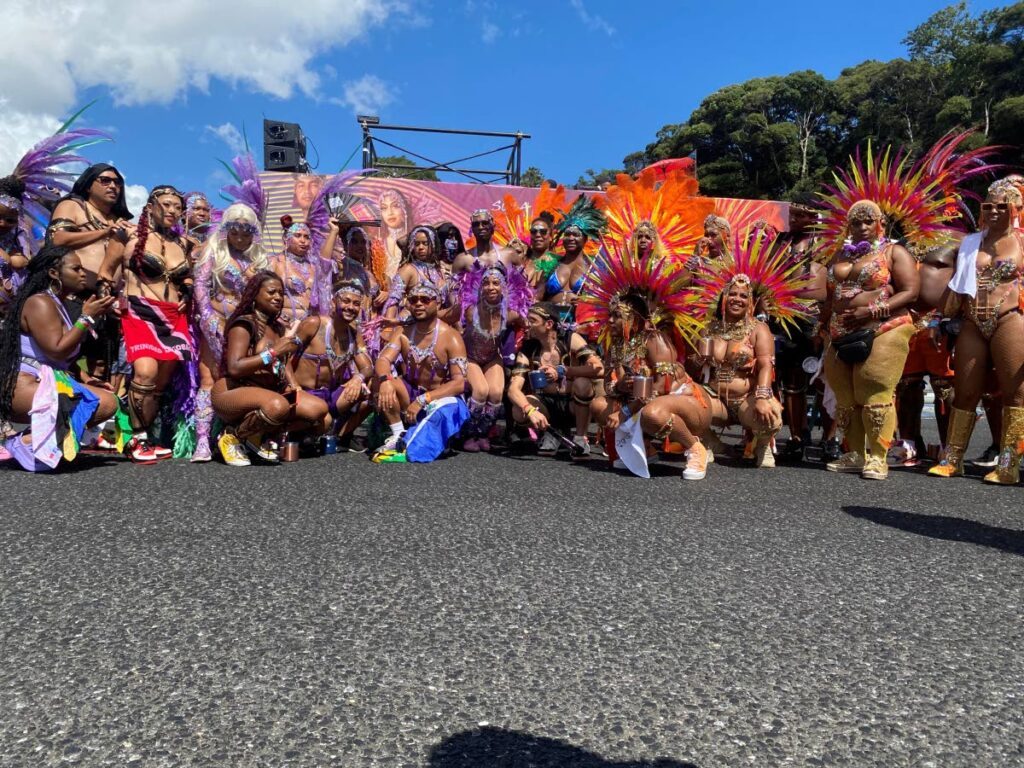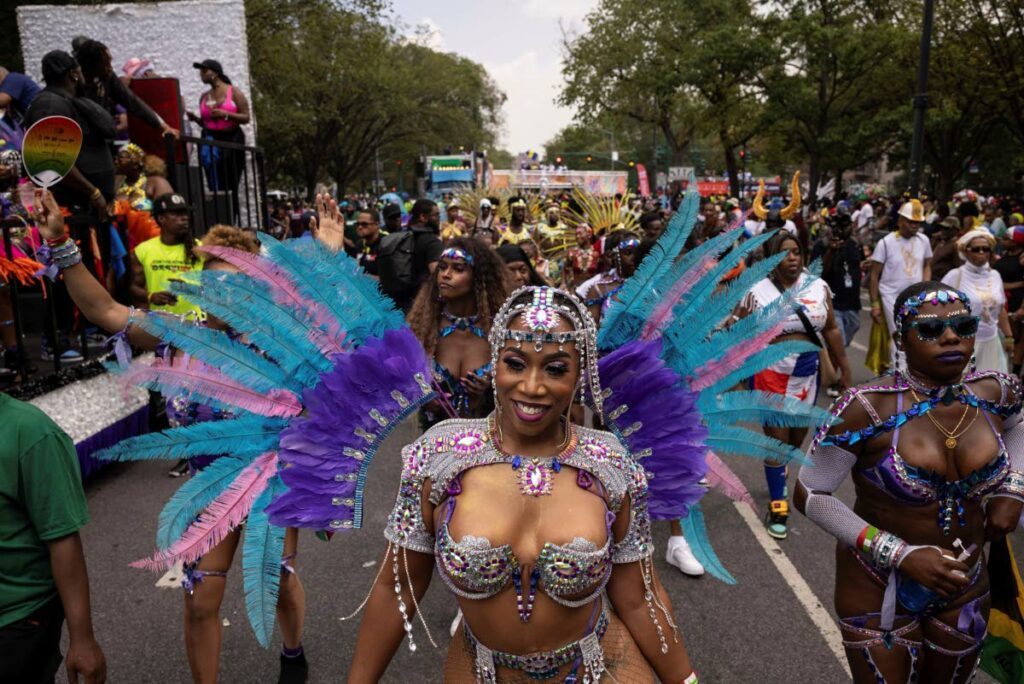Stakeholders call for systematic documentation of Carnival

Carnival stakeholders are expressing concerns that Trinidad-styled carnivals overseas will become more popular than the original if the country does not properly invest in the festival and there continues to be no proper data collection system.
Speaking during the panel discussion, Re-engineering the Economics of Carnival for Sustainability, at Central Bank Auditorium, Independence Square on Wednesday, president of the College of Science, Technology and Applied Arts of Trinidad and Tobago Dr Keith Nurse, said nothing could be managed if there was no measurement.
“We talk about living in a knowledge economy and in a knowledge age but if you’re actually not collecting data and capturing data on something so important to us, it means basically you are being left behind by the world.
“In a strange way we all cherish (Carnival) but we’re not investing in it from a strategic standpoint because, in effect, we view this as an event, as a party, as a really good time, but not as an industry.”
Nurse said people were spending money on events rather than building the industry by boosting artists, facilitating trade, ensuring artists were generating income in intellectual property and more.
He said in 2020, during the 19 days before Carnival, TT generated about TT$400 million in visitor arrival expenditures. He estimated expenditure from those who visit for band launches, concerts and fetes previous to that at TT$700 million.

He said earnings from mas bands and fete organisers who export their goods and services should be significant and averaged it at US$3-5 million, and in general, the creative industry was generating about US$50-100 million. People and companies also earn money selling more ancillary products like local beers and bitters.
He estimated TT-styled carnivals gained the country over US$300 million in foreign exchange.
He believed if Carnival were documented in a consistent, systematic way, it would encourage further investments in the creative and youth economy as the industry usually drove new jobs and entrepreneurship.
He said there was no foreign exchange crisis in TT. Instead, there was no boosting of potential sources and foreign exchange was not being managed well.
“We need to be rethinking the economy as we understand it but also the way in which we measure it.”
Jerome Precilla, president of the TT Promoters Association added that oil and gas, TT’s main source of foreign exchange, was running out and there was nothing to replace it. He said Carnival was a product that generated a lot of foreign exchange for the country but TT was not investing in the creative and entertainment industries, trying to improve it every year.
He said no one was measuring the “trickle down effect” like taxi services, vendors outside of events and the boost at hair and nail salons, and where the money was going.
“If we don’t wake up and smell the coffee, somebody else is going to take our Carnival and put all their oil money in it and run away with it. And we’re going to be saying, ‘But das we ting! But it done gone because you didn’t invest in the product.’”
Nurse suggested Central Bank take up the responsibly to either collect the data or ensure it was collected as the Central Statistical Office had an outdated model of data collection.

Comments
"Stakeholders call for systematic documentation of Carnival"